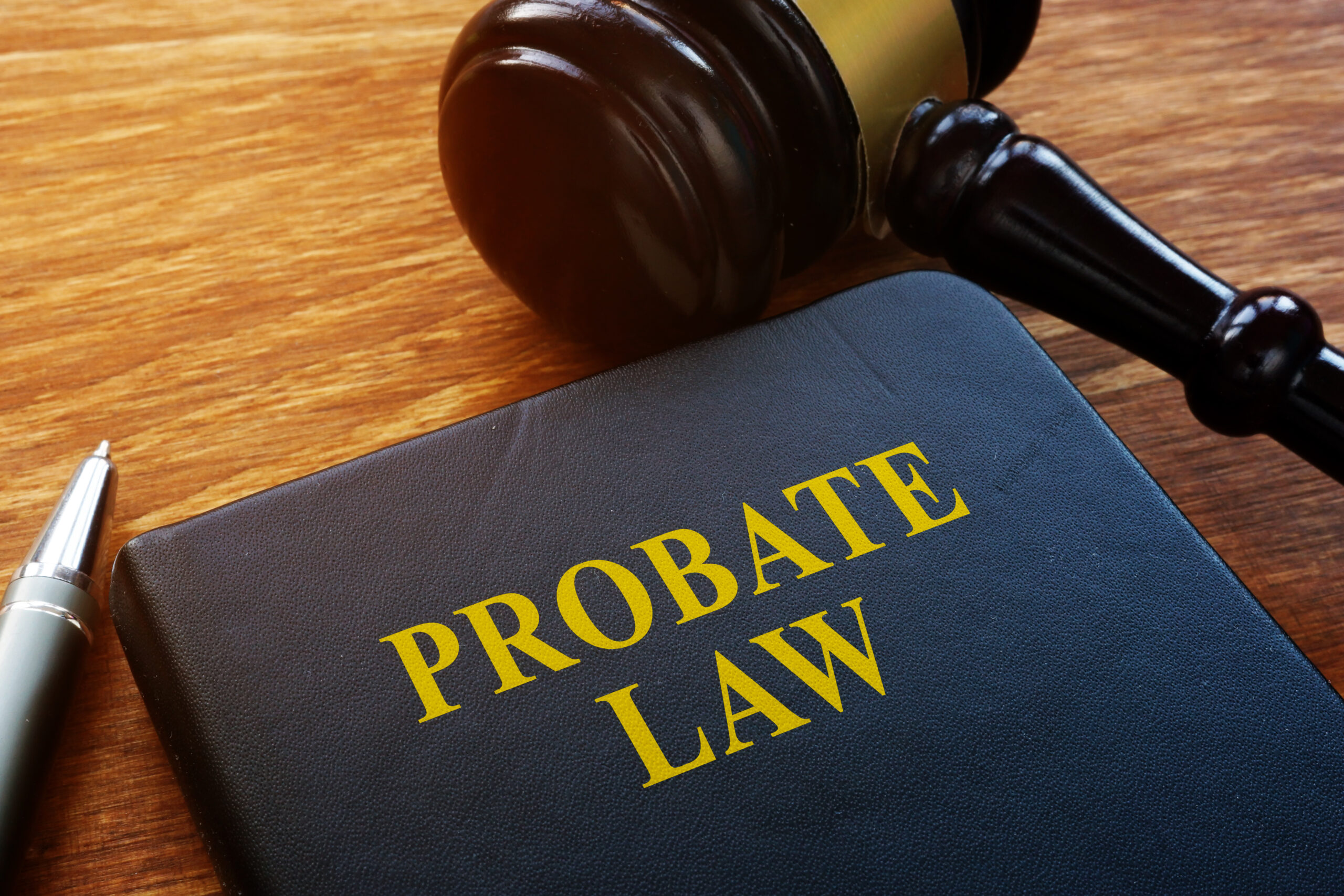Grant of Probate in Singapore: Process & Costs
When a loved one passes away, you’ll often hear the term “Grant of Probate”. But what exactly does it mean, and how does it differ from a Grant of Letters of Administration?
This guide explains:
- What a Grant of Probate is.
- Who can apply for it.
- The process and typical costs in Singapore.
- How it differs from Letters of Administration if there is no Will.
What is a Grant of Probate?
A Grant of Probate is a court order that authorises the executor named in a deceased person’s Will to manage and distribute their estate.
The estate includes:
- Bank accounts
- Property
- CPF monies
- Investments
- Personal belongings
Without a Grant of Probate, banks, insurers, and the authorities will not release the deceased’s assets.
Who Can Apply for a Grant of Probate?
Only the executor appointed in the Will can apply for probate. If there are multiple executors, all may apply jointly.
An executor has important duties, including:
- Collecting the deceased’s assets.
- Paying off debts and liabilities.
- Distributing the remainder according to the Will.
Because the executor role carries responsibility, you should carefully consider who to appoint when drafting a Will.
Process of Applying for a Grant of Probate in Singapore
The application is filed in the Family Justice Courts. The process generally involves:
1. Filing the Originating Summons – to formally start the probate proceedings.
2. Submitting supporting documents – including:
- Death certificate of the deceased
- Original Will
- Executor’s supporting affidavit
- Schedule of Assets (a list of all the deceased’s property and accounts).
3. Court review – the Court will check that the Will is valid and the executor is properly appointed.
4. Grant issued – once approved, the executor receives the Grant of Probate, allowing them to act on behalf of the estate.
If uncontested, probate usually takes 4-6 weeks to complete.
Costs of a Grant of Probate in Singapore
For straightforward, uncontested cases, the fees typically start from $1,500 depending on the complexity and value of the estate.
Factors that affect cost include:
- Whether there are multiple properties or bank accounts.
- Whether beneficiaries raise disputes.
- Whether overseas assets are involved.
Contested probate cases, where beneficiaries disagree, can be much more expensive due to court hearings.
What if There Is No Will? Letters of Administration
If the deceased did not leave a valid Will, you cannot apply for a Grant of Probate. Instead, family members must apply for a Grant of Letters of Administration.
This court order appoints an administrator to manage the estate. Unlike an executor (chosen by the deceased in a Will), administrators are chosen according to law.
Who Can Apply for Letters of Administration?
Priority is set out in the Intestate Succession Act, and usually follows this order:
- Spouse
- Children
- Parents
- Siblings
- Nephews and nieces
- Grandparents
- Uncles and aunts
If the person with priority does not wish to act, they may renounce their right so that another suitable family member can apply.
How the Estate Is Distributed Without a Will
Where no Will exists, the estate is divided according to the Intestate Succession Act. For example:
- If the deceased leaves behind a spouse but no children or parents → the spouse inherits the entire estate.
- If the deceased leaves behind a spouse and children → the spouse inherits 50%, while the children share the remaining 50%.
Probate vs Letters of Administration: Key Differences
- Grant of Probate – applies when there is a valid Will, and the executor named in the Will applies.
- Letters of Administration – applies when there is no Will, and administrators are appointed by the Court (usually next of kin).
Both serve the same purpose: to give someone legal authority to manage and distribute the estate.
Speak to Our Probate Lawyers
Navigating probate can feel overwhelming, especially while grieving. Our probate team guides families through the process with clarity and efficiency.
Contact us to arrange a consultation and find out how we can assist.
$1,590
For estates below $500k, no property, no minor beneficiaries
$2,590
For estates below $3 million
Frequently asked questions
v4 1
What is a Grant of Probate?
A Grant of Probate is a court order that authorises the executor named in a valid will to manage and distribute the deceased’s estate. This includes closing bank accounts, selling or transferring property, settling debts, and ensuring that beneficiaries receive their rightful inheritance. Without probate, financial institutions and government bodies will not release estate assets.
What is the difference between a Grant of Probate and Letters of Administration?
A Grant of Probate is issued when the deceased left behind a valid Will. The executor named in the Will applies for this Grant, which authorises them to collect the deceased’s assets, pay debts, and distribute the estate according to the Will.
By contrast, Letters of Administration (LOA) are required when the deceased passed away without a valid Will. The Court appoints an administrator—usually a spouse or close family member—to manage and distribute the estate. Distribution must follow the Intestate Succession Act (for non-Muslims) or Muslim inheritance laws.
The main difference lies in whether a Will exists: Probate follows the deceased’s wishes, while Administration follows statutory rules.
Who can apply for a Grant of Probate?
Only the executor(s) named in the will can apply. If more than one executor is appointed, they may apply jointly or renounce in favour of the others. If there is no valid will, probate is not available — the next of kin must instead apply for Letters of Administration (see our separate guide on Probate vs LOA for more details).
How long does the probate process take?
For most straightforward cases, a Grant of Probate or Letter of Administration can usually be obtained within 1 to 2 months.
However, the process may take longer if:
- There are disputes among beneficiaries.
- The estate includes overseas assets.
- There are minor beneficiaries requiring sureties.
- Asset valuations or tracing are needed.
Experienced probate lawyers help avoid unnecessary delays by ensuring compliance with procedural and statutory requirements.
How much does probate or letters of administration cost in Singapore?
For very simple estates, probate fees in Singapore may start from about $1,500. Estates with higher values or multiple assets usually involve higher fees.
PKWA Law offers fixed-fee probate packages with pricing confirmed upfront, giving you clarity and certainty from the start.
Click here to view our affordable fixed-fee probate packages.
What documents are required to apply for Probate?
The executor must file with the Family Justice Courts:
Originating Summons to commence the application.
- A Statement with details of the deceased and the will.
- A Supporting Affidavit, including the death certificate and certified copy of the will.
- A Schedule of Assets, listing all assets and liabilities (in Singapore and abroad, if any).
These documents enable the Court to confirm the will’s validity and ensure proper distribution of the estate.
What happens if there is a dispute over the will or distribution?
Disputes can arise if:
In such cases, the probate process can shift from uncontested to contested probate, which may involve court hearings and significantly longer timelines. The Court will examine evidence, hear arguments from all parties, and make rulings to ensure a just outcome. Having an experienced probate lawyer is crucial in navigating these disputes and protecting your rights.
Probate: What happens to CPF savings when someone dies in Singapore?
CPF savings (Ordinary, Special, MediSave, and Retirement Accounts, plus accrued interest) are not part of a person’s estate and do not go through probate.
- If there is a valid CPF Nomination, the CPF Board pays the monies directly to the nominees.
- If there is no nomination, CPF transfers the monies to the Public Trustee’s Office (PTO) for distribution under the Intestate Succession Act (for non-Muslims) or Muslim inheritance law (Faraid) (for Muslims).
Other important points to note:
- CPFIS investments (unit trusts, shares, etc. bought under CPFIS) are not covered by CPF nominations. They belong to the estate and usually require probate/LOA.
- Property bought with CPF is still an estate asset. Upon death, there is no refund back to CPF; the property (or sale proceeds) is handled as part of the estate.
- CPF LIFE bequests and unused annuity premiums are distributed under CPF nominations, not probate.
- DPS (Dependants’ Protection Scheme) insurance payouts follow the insurer’s nomination. If no nomination exists, the payout goes into the estate.


